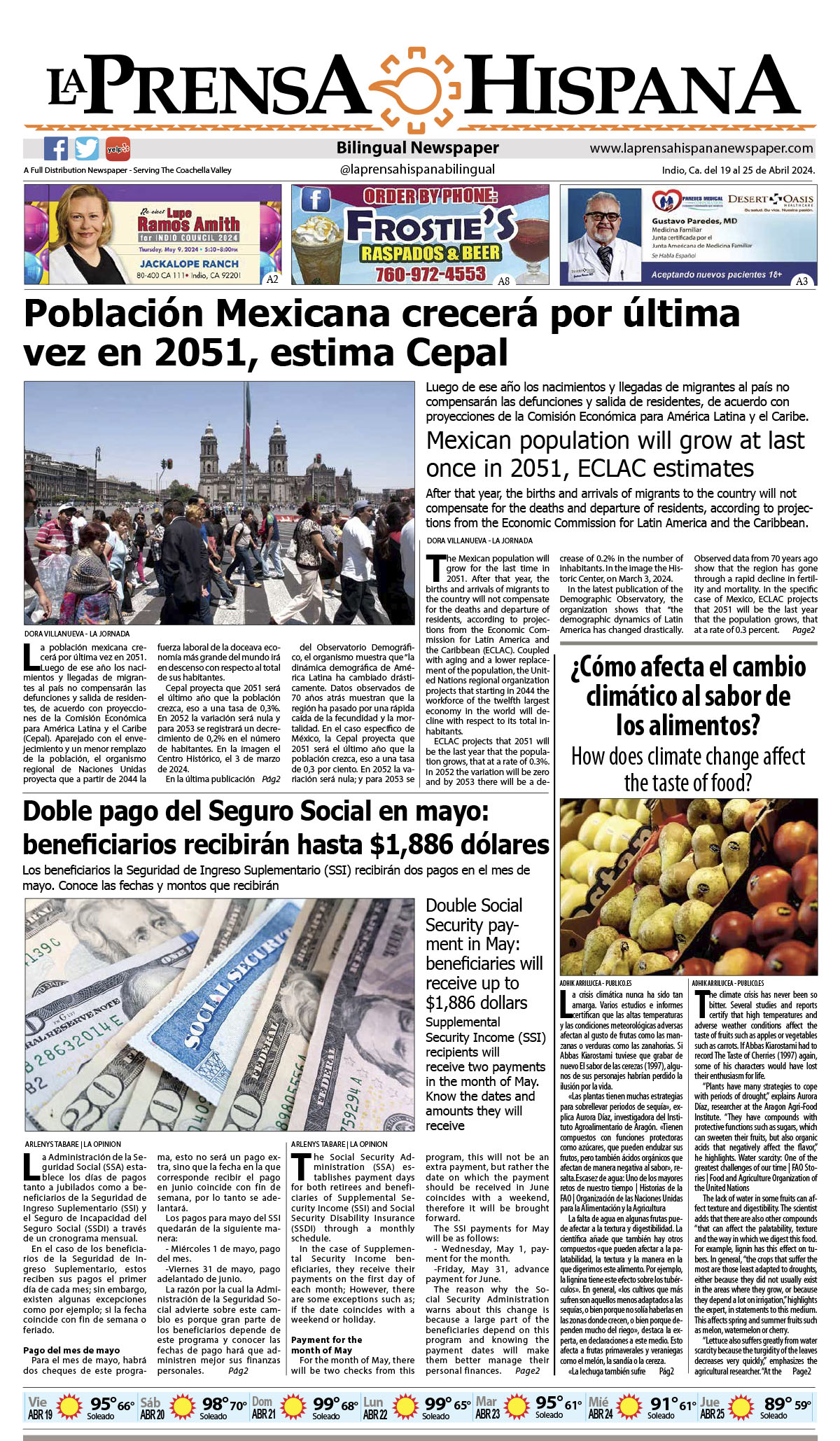
Singularidad
Singularity
Aunque la “singularidad” no fue un tema popular en la primera década del siglo XXI, lo cierto es que cada vez se habla más de ella y del cambio drástico que producirá en la humanidad. Los teóricos la entienden como el momento en que la inteligencia artificial superará a la inteligencia humana, un evento que —afirman—, podría pasar en 2045.
Un artículo de febrero 2011 de la Revista Time ya anunciaba al respecto que “ese año, se estima, dado el gran aumento de la potencia de cálculo y la gran reducción del coste de la misma, que la cantidad de inteligencia artificial creada será aproximadamente mil millones de veces la suma de toda la inteligencia humana que existe hoy”.
El tecnólogo Ray Kurzweil lo venía anunciando desde 2005 en su libro “La singularidad está cerca. Cuando los humanos transcendamos la biología”. Y, desde 2008, se abocó a forjar su cumplimiento como fundador y canciller de la Universidad de la Singularidad en California. Su lema lo dice todo: “Preparando a la humanidad para acelerar el cambio tecnológico”.
¿Por qué se habla de un cambio formidable? Pues porque la mera existencia de una inteligencia supra-humana (cuya capacidad se auto incrementará exponencialmente) implicará que, a partir de ese momento, los humanos dejarán de ser la “raza superior” de la Creación y pasarán a ser meras inteligencias infantiles y hasta grotescas para los recién llegados. Algunos futurólogos predicen que nuestra máxima aspiración desde entonces será que ellos nos adopten como sus mascotas.
Tal vez esto explica por qué una parte de la élite ha decidido apoyar frenéticamente todas las tecnologías posibles que les permitan “transhumanarse”, es decir, aumentar sus capacidades naturales y hasta, de ser posible, conquistar la inmortalidad. De eso se tratan todos los avances en el reemplazo artificial de las partes del cuerpo (junto al agregado de “mejoras” biológicas), el desarrollo de nanorobots terapéuticos que se integrarán a nuestro sistema inmunológico, la “corrección” genética de daños y hasta la “digitalización de la conciencia”.
Muchos piensan que, cuando se produzca la singularidad, la mejor forma de enfrentarla será como cyborgs transhumanos. Y por eso reclaman que “la biomedicina podría avanzar más rápidamente si aboliéramos nuestras reglas acerca de la experimentación humana, como lo hicieron los investigadores nazis”.
El futuro que trae la singularidad no será un “paraíso tecnológico”. Para la mayoría significará un tecnocalipsis, una nueva distopía de la locura humana post-contemporánea.
Although “uniqueness” was not a popular topic in the first decade of the 21st century, the truth is that more and more people talk about it and the drastic change it will produce in humanity. Theorists understand it as the moment when artificial intelligence will overtake human intelligence, an event that, they claim, could happen in 2045.
A February 2011 article in Time Magazine already announced that “that year, it is estimated, given the great increase in computing power and the great reduction in its cost, that the amount of artificial intelligence created will be approximately 1,000 millions of times the sum of all human intelligence that exists today ”.
Technologist Ray Kurzweil had been announcing this since 2005 in his book “The singularity is near. When humans transcend biology ”. And, since 2008, he has devoted himself to forging his fulfillment as founder and chancellor of the University of the Singularity in California. Their motto says it all: “Preparing humanity to accelerate technological change.”
Why is there talk of a formidable change? Because the mere existence of a supra-human intelligence (whose capacity will exponentially increase itself) will imply that, from that moment on, humans will cease to be the “superior race” of Creation and will become mere infantile intelligences and even grotesque for newcomers. Some futurologists predict that our highest aspiration ever since will be for them to adopt us as their pets.
Perhaps this explains why a part of the elite has decided to frantically support all possible technologies that allow them to “transhumanize”, that is, to increase their natural capacities and even, if possible, to conquer immortality. This is what all the advances in artificial replacement of body parts are all about (along with the addition of biological “improvements”), the development of therapeutic nanorobots that will be integrated into our immune system, the genetic “correction” of damage and even the “Digitization of consciousness”.
Many think that when the singularity occurs, the best way to deal with it will be as transhuman cyborgs. And so they claim that “biomedicine could advance more quickly if we abolished our rules about human experimentation, as did the Nazi researchers.”
The future that uniqueness brings will not be a “tech paradise.” For most it will mean a technocalypse, a new dystopia of post-contemporary human insanity.
























